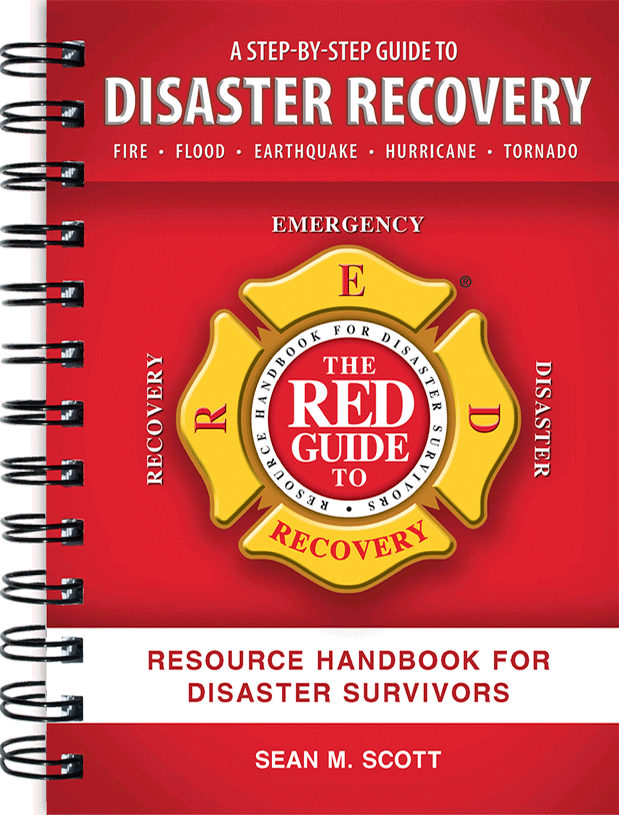Think Like a Boss: The Employees' Guide to Improving Your Work Life

Your owner, GM, supervisor, and teammates need your help to lead growth, excellence, and opportunity in the company. There is no magic or simple way to fulfill your role. Quite simply, it’s work. But by following the principles below, your work will improve, the lives of those around you will improve, and you will find more enjoyment in your daily routine.
Boss Principles are a way of thinking about your job. The principles are about taking control of daily interactions, establishing a career, and working well with others. When you meet a person who has respect, success, and influence in any industry, it is likely they are someone who thinks about work like a Boss.
Boss Principle: Why?
Does your company have a purpose above the pursuit of profit? If so, what role do you play? Simon Sinek explores this topic in his book, Start with Why. “WHY does your company exist? WHY do you get out of bed every morning? And WHY should anyone care?”
While you may not know why your company exists, you should be able to define the role you play and how you can help to improve the lives of those around you through the work that you do. Thinking like a Boss starts with why you are there. Once you know why, you can create a map for your progress that matches what your team expects of you.
Creating a map for your progress does not depend on your position (that will come when you look for a new position in the company). Improve where you are currently, strive to reach a point of excellence, learn from others who are more advanced than you, and teach those who are less advanced. Restoration is fast paced and changing daily. Only those employees who are continually learning and honing their craft can be at the top of their position.
Boss Principle: Recognize your Influence
To think like a Boss, recognize the influence you have in your office. Consider the teammates you work with directly, the supervisor or manager you report to, and staff members you work with infrequently. What role do you play in influencing their work or improving their day?
Those you work directly with should know, respect, and admire you. To evaluate your influence, ask yourself three questions: Do teammates ask me how to do work more efficiently? Do they trust that I know how to perform the job well? Do they often copy my behavior? If you answer no to any of these, have a discussion with your supervisor or manager on how to improve. If you answer yes to all three questions, keep striving to improve your craft to add even more value to the team.
The supervisor or manager you report to and staff members that you work with infrequently do not benefit from your influence like those you work with directly, but they do receive benefits and recognize you when you grow in the company. Keep in mind that you may have the ability to influence their job and the way they perform.
Your supervisor or manager is working toward completing tasks and being excellent at their job. Think about how you can influence their daily life through accurate, timely information. Even small changes can make a difference in their day. You can influence their perception of you as a worker and increase your value to the business by being 1% better at a piece of your job every day.
Staff members you work with infrequently often assist and support you. Because of this, they may also need your help to complete their work. Make time to follow up with these teammates, provide them with accurate information, and improve your delivery of service when and where you can. Ask for assistance from a manager if you are unclear about how much you should help teammates or supervisors.
Boss Principle: Organize your Time
If you are working through the first two principles, your time becomes more valuable and you will run out of it regularly. Thinking like a Boss means organizing your time. There are several methods that exist to do this, so you must find the one that works best for you. You can also talk to teammates in your company who always seem to have more time than they need and ask them how they accomplish so much with the same amount of time in a day as you have.
It can be difficult to ask for help in this area. If this is you, start by journaling your day. Taking 10 minutes of time in the morning and 10 minutes at the end of your day will give you more control over commitments during business hours (and those that happen after business hours). By producing this journal or list of tasks, you can begin to hold yourself accountable, know when to ask those around you for help, or say no to a special project.

Boss Principle: Prepare for your Next Role
The first three principles revolve around your current role and, if done well, will prepare you for your next. Thinking like a Boss means that, outside of mastering your craft, you will prepare for a larger, formal leadership role in the future, if that is your goal, or you will be clear about your plan to maintain a high performing role in your current position.
If you have a desire to move into a new position in your company, be prepared to create a development plan with your supervisor or manager. A development plan does not have to be complicated, but it should include a combination of training, goals for achievement in your current position, and a clear path to the position you desire. At this point, you should be able to set a target date for when you would like to accomplish the promotion. While there are no guarantees that you will get a promotion or a different job just because you work toward one, having a goal is where it all starts.
Improve your Work Life
Your owner, GM, supervisor, and teammates need your help to lead growth, excellence, and opportunity in the company. They can’t do it on their own; they need leaders to help them along the way. Are you that leader?
Even in less than ideal situations, you have the power to improve your work life. We work in a unique industry, one in which we are paid to help clients in what is often their greatest day of need. Enjoy the satisfaction of making the world a little better and continue your path of excellence. Follow the Boss Principles of knowing why you come to work, recognizing your influence, organizing your time, and preparing for your next role. If done with excellence, you will improve your work life.
Looking for a reprint of this article?
From high-res PDFs to custom plaques, order your copy today!







